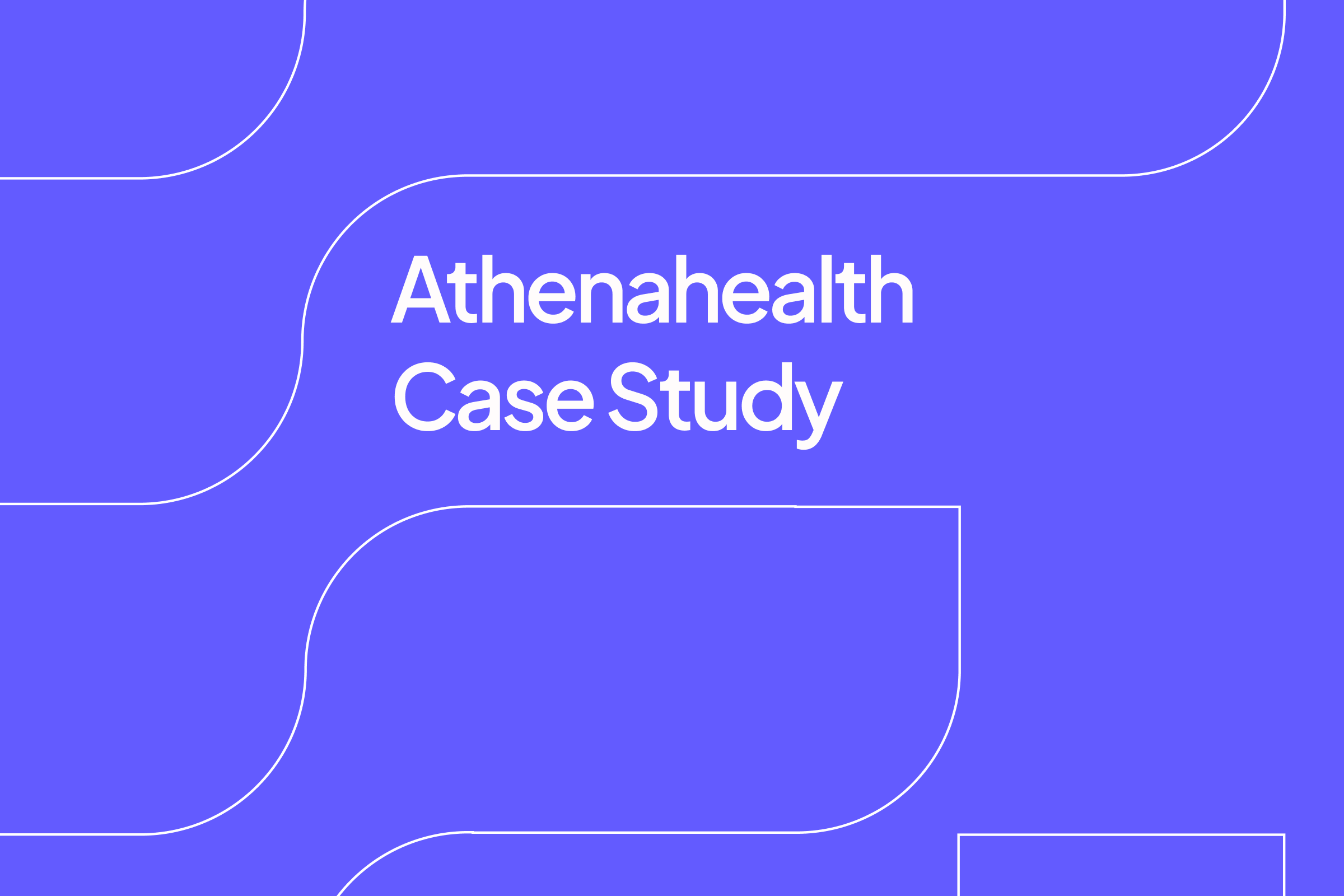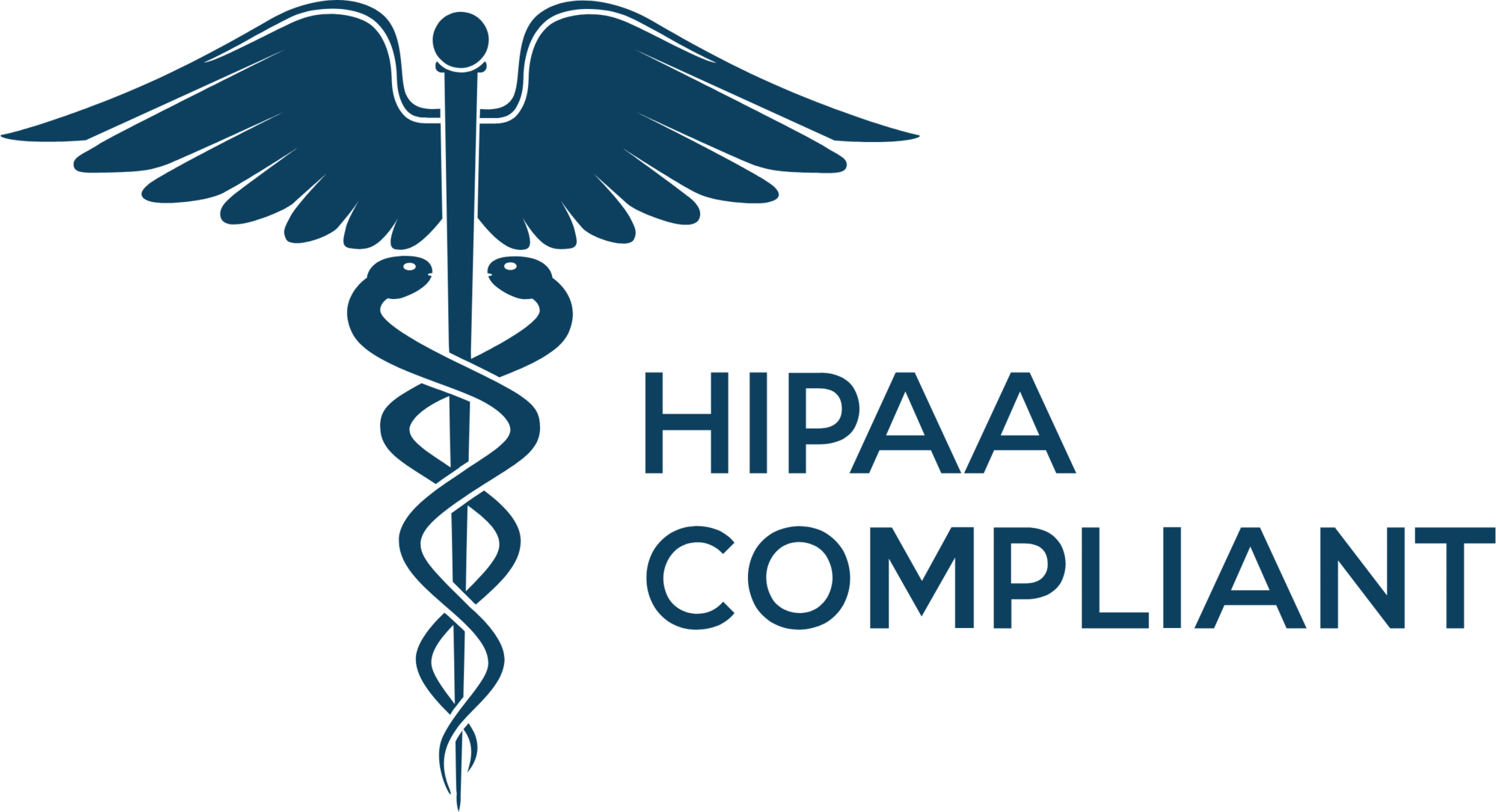
Decoding CO-29 Denials: A Comprehensive Guide for Healthcare RCM Teams
1. What Does CO29 Claim Denial Mean?
CO29 indicates that the time limit for filing the claim has expired. The "CO" prefix signifies that this is a contractual obligation denial, meaning the provider has failed to meet the contractually agreed-upon timeframe for submitting claims to the payer.
Why this denial happens and what it means for your claim
- Each payer sets specific filing deadlines in their provider agreements
- Claims submitted after these deadlines are automatically denied
- Timely filing limits can vary significantly between payers
- Secondary claims may have different filing requirements
- Filing deadlines may be impacted by certain circumstances like coordination of benefits
2. Top Reasons Claims Are Denied (Including CO29)
Common causes of claim denials
- Staff unaware of payer-specific filing deadlines
- Delays in obtaining necessary documentation
- Claims held too long for internal review
- System issues causing submission delays
- Secondary insurance information received too late
- Coordination of benefits delays
How CO29 compares to other denials
CO29 denials are unique because they are almost entirely preventable through proper workflow management. Unlike clinical or coverage-related denials, timely filing denials result from administrative oversight or process failures. These denials are particularly challenging because they often cannot be appealed except in specific circumstances, such as when there is clear evidence of timely submission or when natural disasters or system outages affected submission timing. The financial impact is typically absolute, as providers usually must write off the entire claim amount.
3. How Claim Denials Like CO29 Affect Your Revenue
The financial and operational impact of denied claims
- Results in complete write-offs of otherwise valid claims
- Represents preventable revenue loss
- Creates additional administrative burden
- May affect provider credentialing and performance metrics
- Can impact cash flow and revenue forecasting
Why addressing denials is critical for your practice
Timely filing denials represent some of the most frustrating revenue losses because the services were provided appropriately and would likely have been paid if submitted on time. These denials directly impact the bottom line and can indicate serious workflow issues within the organization. Proper management of submission deadlines is essential for maintaining healthy revenue cycles and preventing unnecessary write-offs.
4. The Key to Reducing CO29 Denials
Actionable steps to minimize this specific denial
To effectively reduce CO29 denials, practices must implement robust tracking systems for claim submission deadlines. This includes maintaining an updated database of payer-specific filing requirements, establishing clear workflows for expedited processing of approaching-deadline claims, and implementing automated tracking systems to flag claims nearing their filing deadlines. Regular audits of unbilled claims and pending submissions help identify potential issues before deadlines expire.
Best practices for improving claim accuracy
Success in preventing CO29 denials requires a systematic approach to claim submission timing. Organizations should develop comprehensive tracking mechanisms, establish clear accountability for timely submission, and implement redundant checking systems to prevent deadline oversights. Regular staff training on payer-specific requirements and filing deadline policies helps ensure consistent adherence to timelines. Additionally, establishing clear escalation protocols for claims approaching deadlines helps prevent last-minute submission failures.
5. How Ember Can Help
Spot Claim Denials Before They Happen
- Predictive analytics flag high-risk claims automatically
- Alerts notify staff about missing authorizations
- Network status checks ensure compliance
- Real-time eligibility verification avoids surprises later
Turning Denials Into Opportunities
Ember doesn't just help resolve denials---it helps you learn from them. By analyzing patterns in denial data, you can identify recurring issues and improve processes. This ensures:
- Better understanding of claim requirements
- Improve staff training and workflows
- Fewer denials overtime, with actionable insights to make smarter decisions Turning challenges into opportunities leads to stronger performance and fewer claims falling through the cracks.
Making the process easier, faster, and more efficient
Ember improves every step of the denial management process by automating tasks such as eligibility checks and verification. With Ember, you can:
- Save time by reducing manual work
- Provide staff with clear alerts and next steps for resolution
- Ensure a faster and more reliable claim submission process Ember Copilot helps reduce the effort required, lowers denial rates, and boosts overall efficiency for your team.
By staying informed, organized, and proactive, you can keep CO29 denials from dragging down your practice's performance, and ensure that everyone---staff, providers, and patients---benefits from a smoother, more predictable reimbursement process.
Lynn Hsing is a recognized leader in healthcare marketing. Having worked closely with health systems and providers, Lynn brings a nuanced understanding of the challenges they face — from administrative burden and claim denials to reimbursement delays and staff shortages. This firsthand insight has shaped Lynn’s ability to translate complex AI solutions into meaningful value for healthcare organizations.








